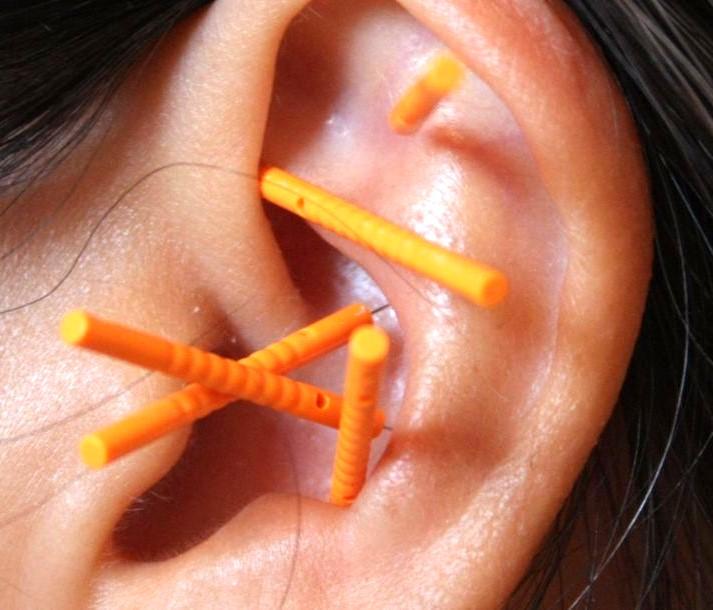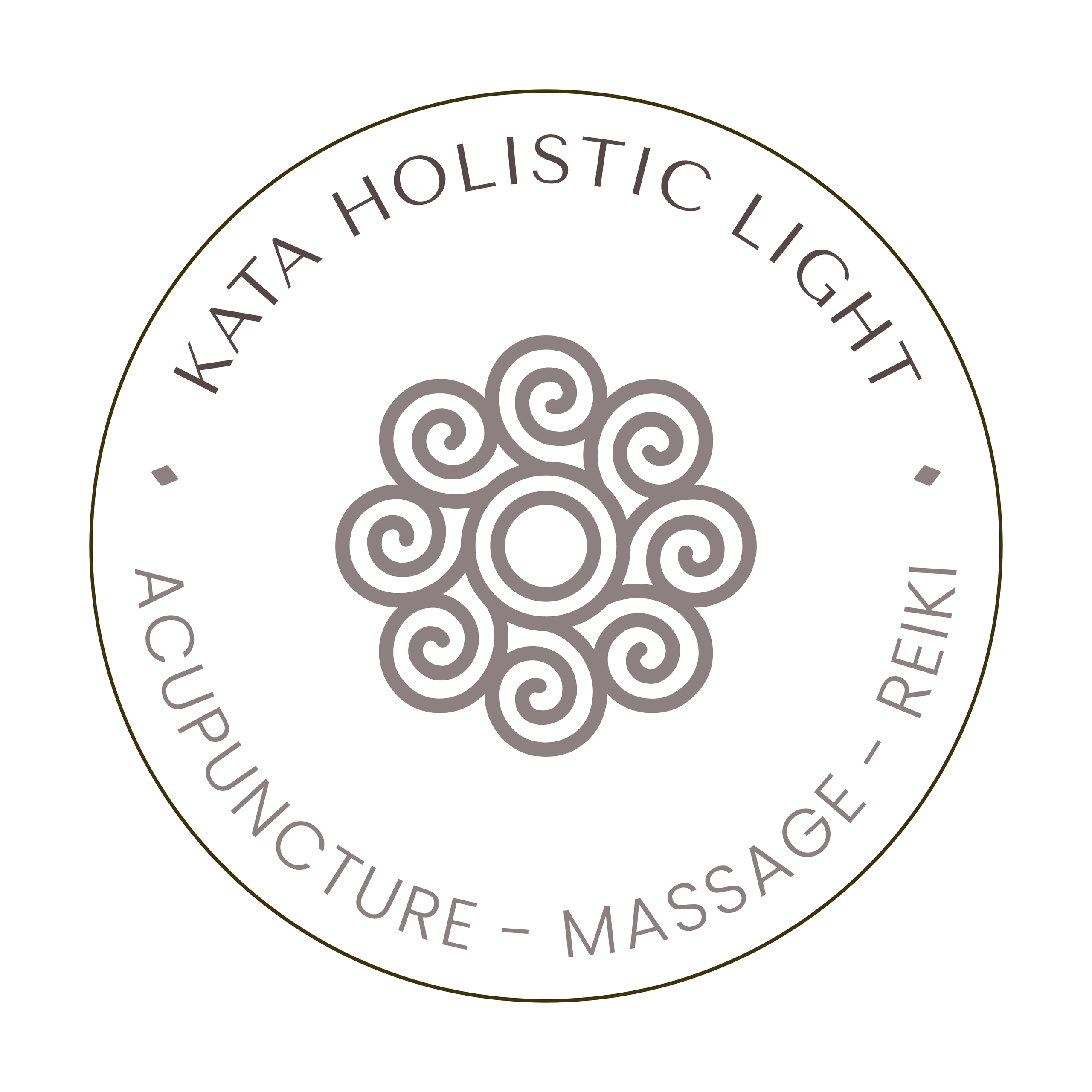National Acupuncture Detoxification Association
NADA Auricular Acupuncture is a complementary therapy that is clinically effective, drug-free, and cross-culturally compatible. It can easily be established within behavioural health, addictions or disaster relief. The NADA treatment model follows the NADA U.S. five-point protocol, which was developed in the 1970s at the Lincoln Memorial Hospital in New York.
It was initially used to help people with substance abuse problems in their recovery. It has since been found to be effective for a wide range of conditions such as trauma, substance abuse, dependence, and related mental and behavioural health conditions. Helps addicts recover from trauma, anxiety, depression, irritability, and cravings.
The combined application of acupuncture with counselling, education, family involvement, medical support, and self-help groups such as AA (Alcoholics Anonymous) and NA (Narcotics Anonymous) improves the chances of success. The word NADA comes from Spanish, which means nothing, non-verbal, without drugs, without barriers.
Benefits of Nada
Due to its effectiveness, Acudetox is integrated into treatment centres around the world. Ear Acupuncture can bring benefits to reduce the following
- Addiction
- Pain
- Anxiety
- Insomnia
- Reduced cravings for alcohol and drugs, including nicotine
- Withdrawal symptoms minimized
- Give up smoking
- Increased calmness, better sleep, and less agitation
- Relief from stress and emotional trauma
- Post-traumatic stress syndrome (PTSD)
- Mental health
- Panic attacks
- Inner tranquillity and strength
Acu-Detox
The NADA protocol represents an ear acupuncture intervention, providing a non-verbal, complementary, and alternative approach to therapeutic healing.
- The process entails the delicate insertion of up to five small, sterilised, single-use, disposable needles into specific energetic points on each ear.
- The client settles into a state of repose for a serene 40 minutes, allowing the treatment to unfold.
- During this time, clients may drift into slumber, enter a meditative state, or experience a profound sense of tranquillity and relaxation.
- The outer ear serves as an intricate switchboard, transmitting impulses to the brain, thereby triggering the release of endorphins, alleviating stress, and inducing a deep state of relaxation.
Five-Point Nada Protocol
1. Sympathetic
Stress reactions. Fight or flight response.
- Balancing the autonomic nervous system
- Affecting the nerves to internal organs
- Digestive system
- Releasing spasms and creating dilation of blood vessels
- Regulates sweating, pain control and eye disease
2. Shen Men
Spirit Gate – Returning the "Qi". Centre the person. Anchor the spirit and calm the mind.
- Anxiety
- Insomnia
- Palpitations
- Panic attacks
- Mental health
- Pain control
- Hyperactivity
- Fear
- High blood pressure
3. Kidney Point
Water element. Roof of Yin and Yang. Governs the essence and the grace of ageing.
- Use strengthens the lower limbs, spine, bone marrow, digestion, brain, hearing, teeth, sexual vitality, fertility and urination
- Associated with trust, self-worth, confidence, gentleness, and willpowerImbalance fear, paranoia, mistrust, low confidence
- Heal internal organs
4. Liver Point
Wood element. Regulating the harmonious flow of Qi and blood.
- Use metabolic functions of the liver
- Nourishes the nails, eyes, hair, skin, ligaments and tendons
- Regulates menstruation, sleep mood, digestion, respiration and urine flow
- Effective in migraine, headaches, high blood pressure, pain and mood seeing
- Associated with clear judgment, no fixed opinions, free flow, acceptance, kindness, and harmonyImbalance creating anger rage, violence, frustration, depression, being stuck, obsessions
- Detoxification, and blood purification
5. Lung Point
Metal element. Controls the Qi, governs the water passages. Disperses and descends the Qi.
- Regulates respiration and is associated with the skin
- Use breathing disorders, skin problems, sweating
- Controls the body temperature, sense of smell, oedema, thirst, urination, diarrhoea, constipation, colds and flu
- Asthma and bronchitis, hayfever and sinusitis
- Associated with inspiration, motivation, creativity and letting go
- Imbalance apathy, lethargy, lack of inspiration, grief, sadness, holding on



